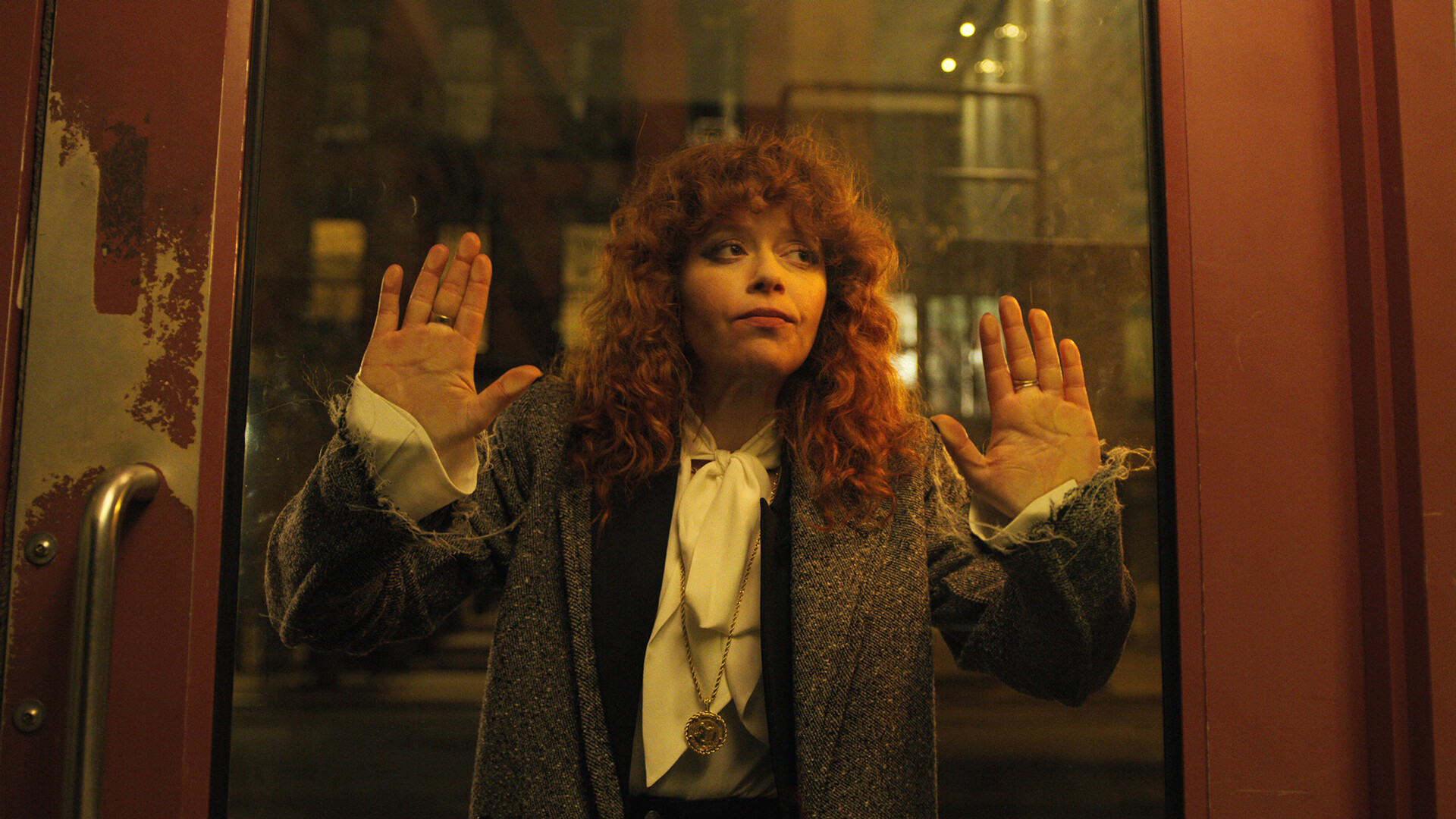
A still from 'Russian Doll'
Netflix, 2019-2022American cinema has stories that can’t do without Russian characters. This is often the case with anything space-related, for instance. Many will remember the legendary Pavel Chekov of USS Enterprise in the Star Trek universe; then there was commander Susan Ivanova - the second-most important person on the Babylon 5 station. The theme of spying is, perhaps, even more prevalent – be it about the Cold War (Stranger Things) or the recent past (Homeland). There’s also chess (The Queen’s Gambit), IT (Devs), and other areas where Russians and Soviets are globally significant
But, sometimes the Russian connection is itself central to the plot. So, without further ado, here are some of the most Russian shows to have emerged out of Hollywood in recent years.
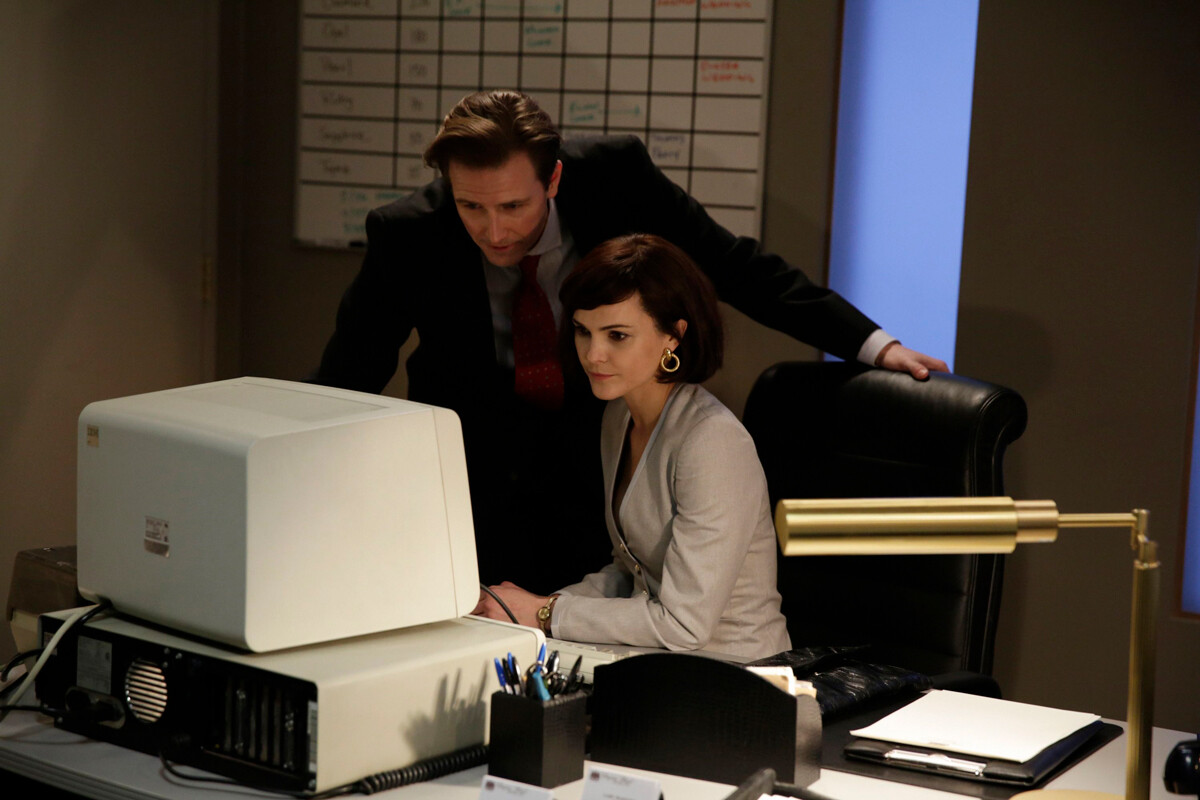
A still from 'The Americans'
Amblin Television, DreamWorks Television, 2013-2018For six whole years the American audience was invested in the fate of two Soviet undercover spies who lived in a Washington suburb in the 1980s, posing as a couple. The Emmy and Golden Globe-winning story is actually based on real events. The script was written by an ex-CIA officer, Joe Weisberg, who, apart from talking to his colleagues, used the materials from the archive of former KGB agent Vasily Mitrokhin, who smuggled classified documents out of the USSR in the early 1990s.
The series has a lot of fighting, chases, and other spy tropes; and there’s a lot of Russian speech – often quite decent (real native-speakers actually play small roles), and the portrayal of the world of undercover espionage seems quite convincing - although, with some exceptions (it’s hard to believe that KGB handlers could order their agents to have kids. But it’s clear that this is, first of all, a vivid metaphor for a crazy work-life balancing act).
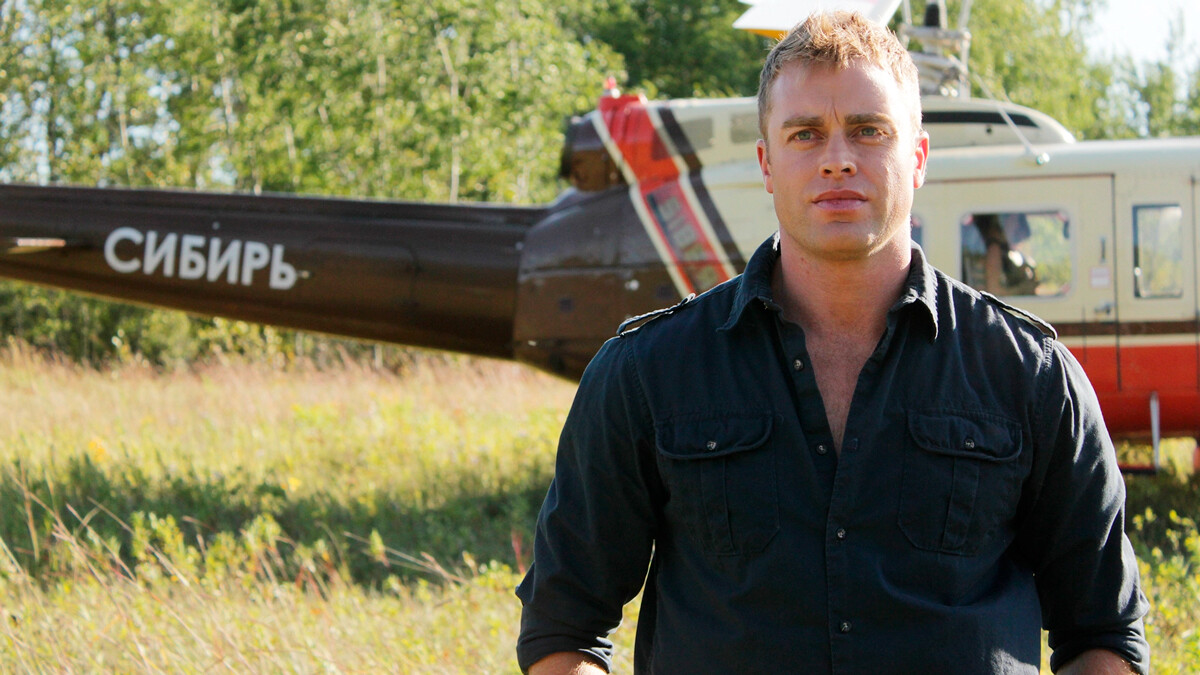
A still from 'Siberia'
NBC, 2013The story revolves around 15 people from around the world being dropped in the Siberian wilderness to film a Survivor-style reality show. The rules are simple: the participants have to survive in the harsh conditions of the early previous century for weeks. The last one standing will take the prize money. But the show doesn’t go according to plan from the get-go: the camera crew and the host disappear, leaving the heroes fending off nature and otherworldly powers alone. Moreover, it turns out that the organizers didn’t really do a good job picking the location for the show, because it was here where, 100 years ago, the famous Tunguska meteorite landed, with many UFO enthusiasts believing that it was an alien spacecraft crash.
Siberia itself wasn’t filmed in actual Siberia, but in the Canadian Birds Hill Park. There’s nothing much Russian there, apart from actress Sabina Akhmedova of Gold Diggers fame. Here, though, she plays the role of a retired Israeli military woman. The show won’t outshine Lost. However, to some degree, the authors did manage to adequately portray the mysterious and enigmatic atmosphere of Siberia, where any story, even the most fantastic one, comes alive.
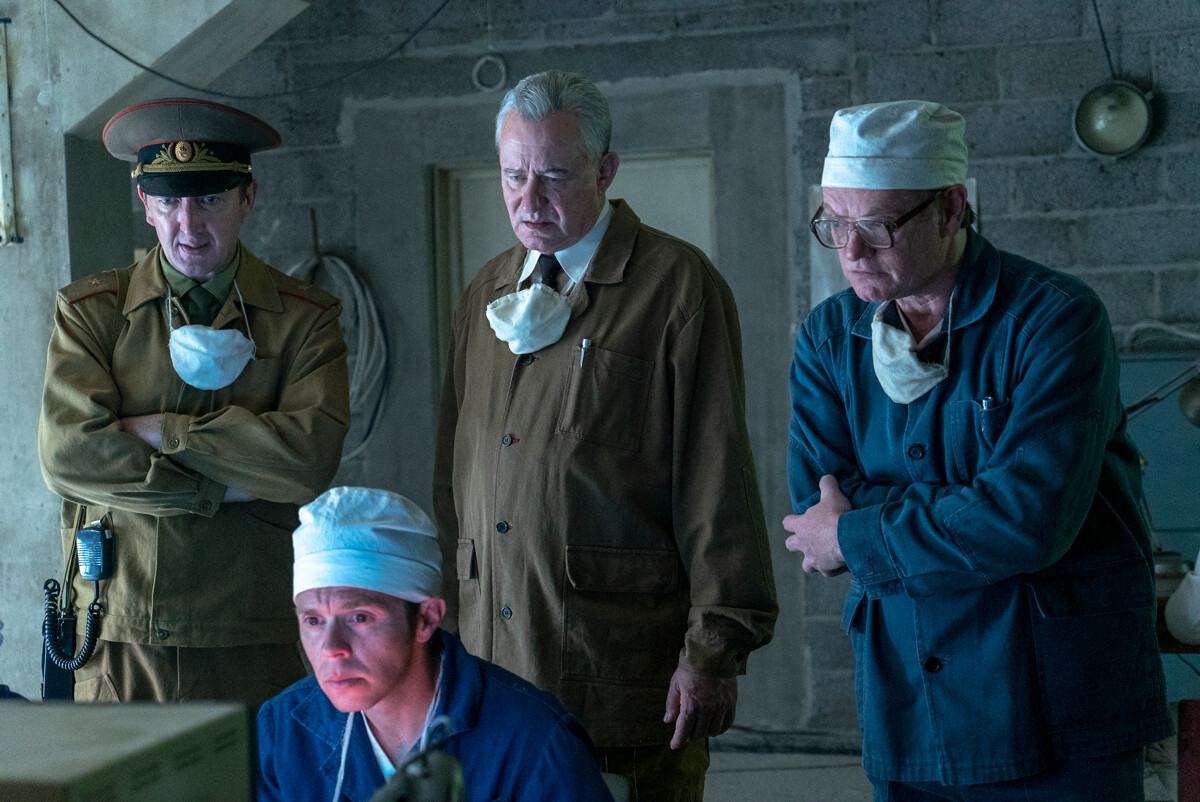
A still from 'Chernobyl'
HBO, 2019This miniseries about the Chernobyl disaster liquidation efforts was released almost at the same time as the final season of the incredibly popular Game of Thrones; however – what a sensation! - it quickly beat its competitor in IMDb ratings and still holds 5th place in its Top-250. The story takes place in the USSR, and all of the characters are Soviet citizens - played, however, by foreigners – mostly Brits, as well as Sweden’s Stellan Skarsgård. One would expect the show to have a lot of “wide-branching cranberry” (a Russian phrase denoting nonsensical stereotypes about the country), but, to the surprise of many, the show managed to at least get the atmosphere right, if not some of the history or the motivations behind some people’s actions (more on that here).
Filming was for the most part done in Lithuania. There, they found Soviet residential quarters (almost indistinguishable from Pripyat), as well as the Ignalina Nuclear Power Plant, built using the same plans as its Chernobyl sister plant. Former USSR citizens worked on the decorations and props; the clothing and items were purchased from all over the former Eastern Bloc. For immersion, before shooting, actors read Voices from Chernobyl, by Nobel Laureate Svetlana Alexievich, based on interviews with the participants of those events.
It’s a gripping tale which, admittedly, scores higher on the history scale than a lot of similar efforts. However, what’s really important is that the resulting show is a powerful, poignant story about heroism and self-sacrifice, which won’t leave anyone indifferent.
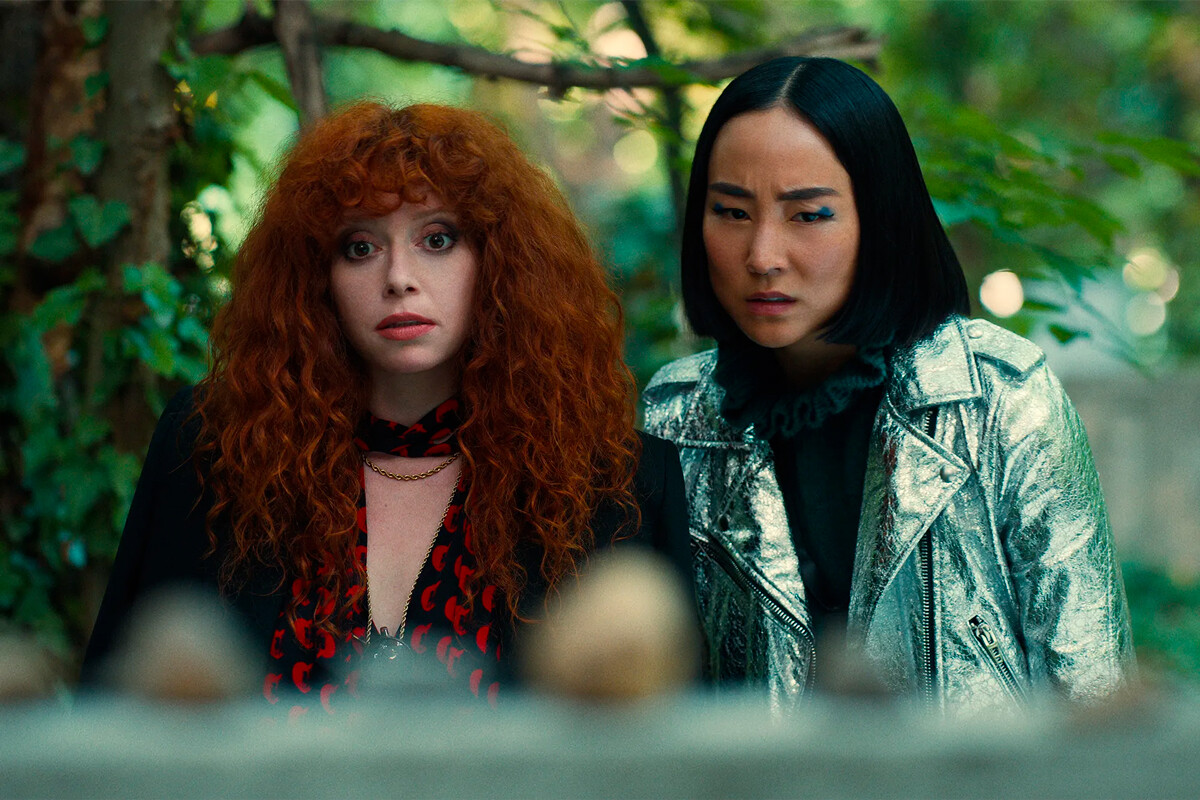
A still from 'Russian Doll'
Netflix, 2019-2022What’s more Russian than a matryoshka – the most common tourist souvenir? The plot of this successful comedy series does resemble the unique design of the nesting doll. The life of a New York game designer suddenly goes haywire. Like in Groundhog Day, she relives the same day over and over again, which always ends with her death (so inside her life hides another life, and so on, indefinitely).
In case the nesting doll metaphor wasn’t enough, the creators gave the main character the Russian name Nadia (she clearly has Russian heritage and a Russian-emigrant circle of friends), as well as the signature ginger hairstyle worn by Alla Pugacheva, the legendary Soviet singer. Coincidence or not, but the most well-known role in the filmography of the singer is the legendary New Year’s classic The Irony of Fate, where she sings songs as a character named Nadia.
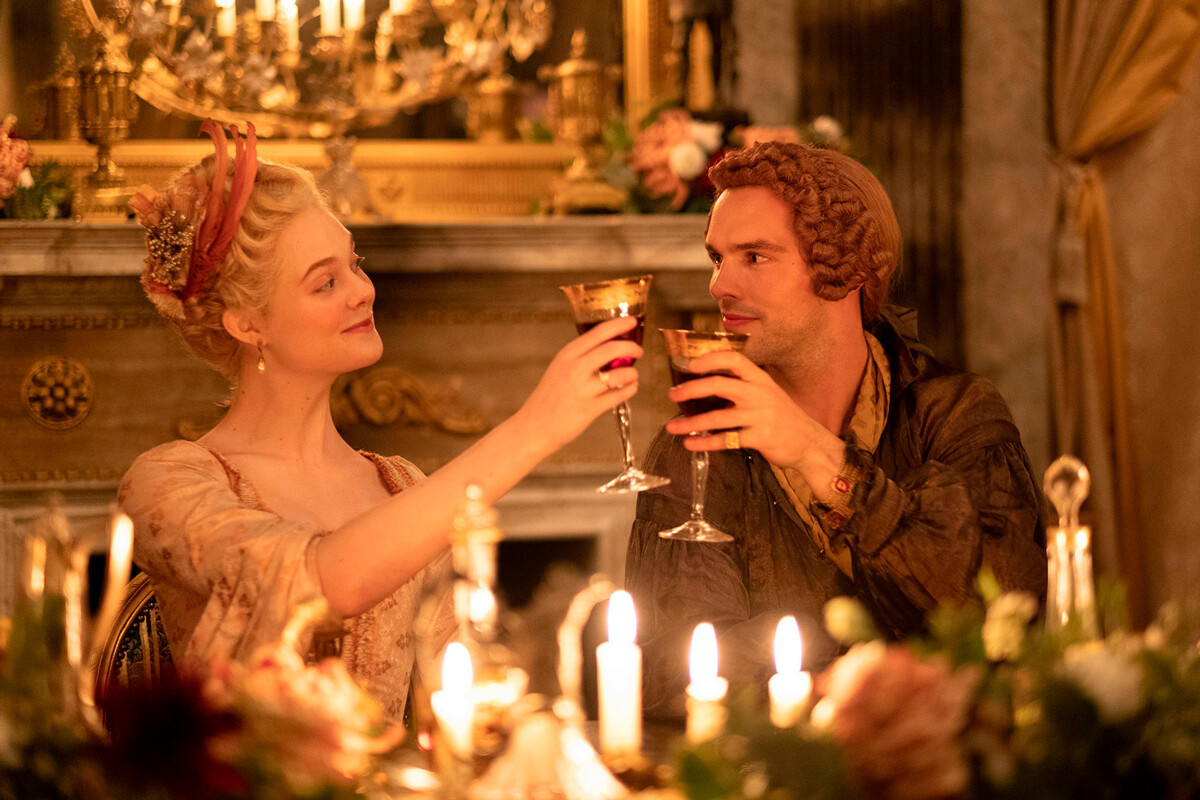
A still from 'The Great'
Hulu, 2020-2021The story of Empress Catherine the Great, one of the most important rulers in Russian history, has been tempting Western filmmakers for a long while, and understandably so – what a plot! A shy German princess comes to the vast snow-covered country, but gets acclimated to it quickly, overthrows her unloved petty tyrant husband during a coup, and begins ruling alone. She swaps around lovers and favorites, exchanges letters with Voltaire, conducts reforms, leads wars, and, in the end, brings the empire into the circle of leading European states. Over the years, Catherine has been portrayed by Marlene Dietrich, Catherine Deneuve, Catherine Zeta-Jones, and dozens of other iconic actresses.
However, The Great, starring Elle Fanning (The Neon Demon) has no rivals in the empress’ filmography. It plays as a sort of antipode to Chernobyl, taking many liberties with historical facts - one of which is a dark-skinned Count Rostov, played by Abraham Popoola (historians developed nervous tics). The Great is not a historical drama at all, but a dark comedy, a troublemaker mix of Game of Thrones and Marie Antoinette. Medieval brutality, luxury, and the depravity of the imperial court frame the story of a young woman, who is trying to get out of an abusive relationship, which is very modern in its scope... However, there are also bears, vodka and caviar: that should satisfy anyone looking for at least some traces of actual Russia in this show.
Dear readers,
Our website and social media accounts are under threat of being restricted or banned, due to the current circumstances. So, to keep up with our latest content, simply do the following:
If using any of Russia Beyond's content, partly or in full, always provide an active hyperlink to the original material.
Subscribe
to our newsletter!
Get the week's best stories straight to your inbox